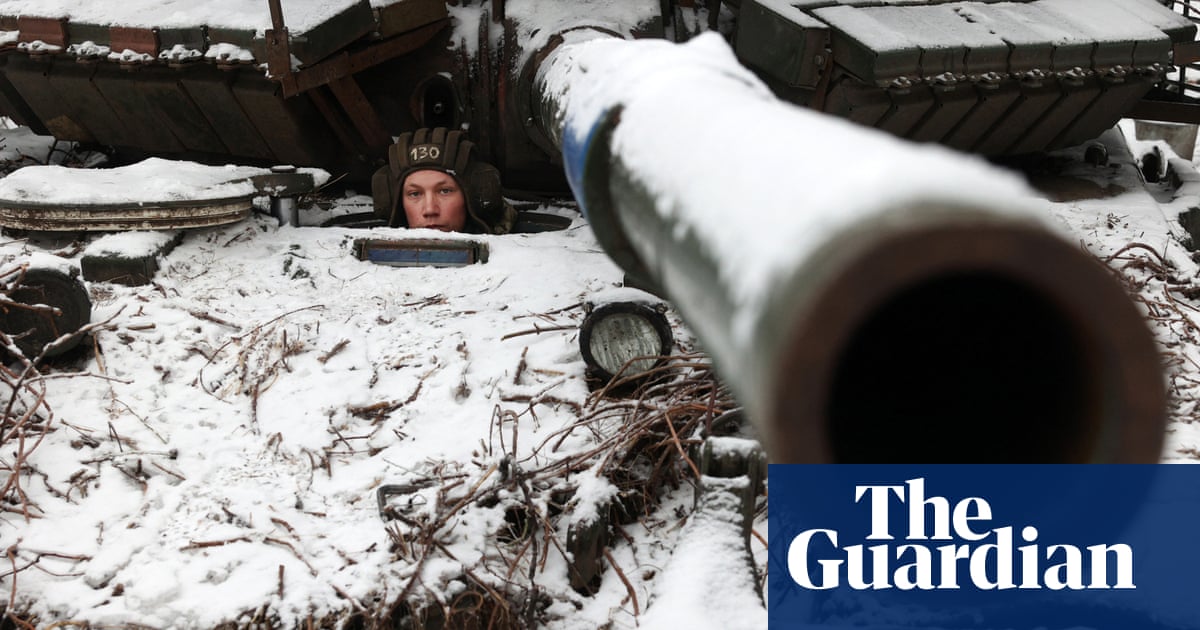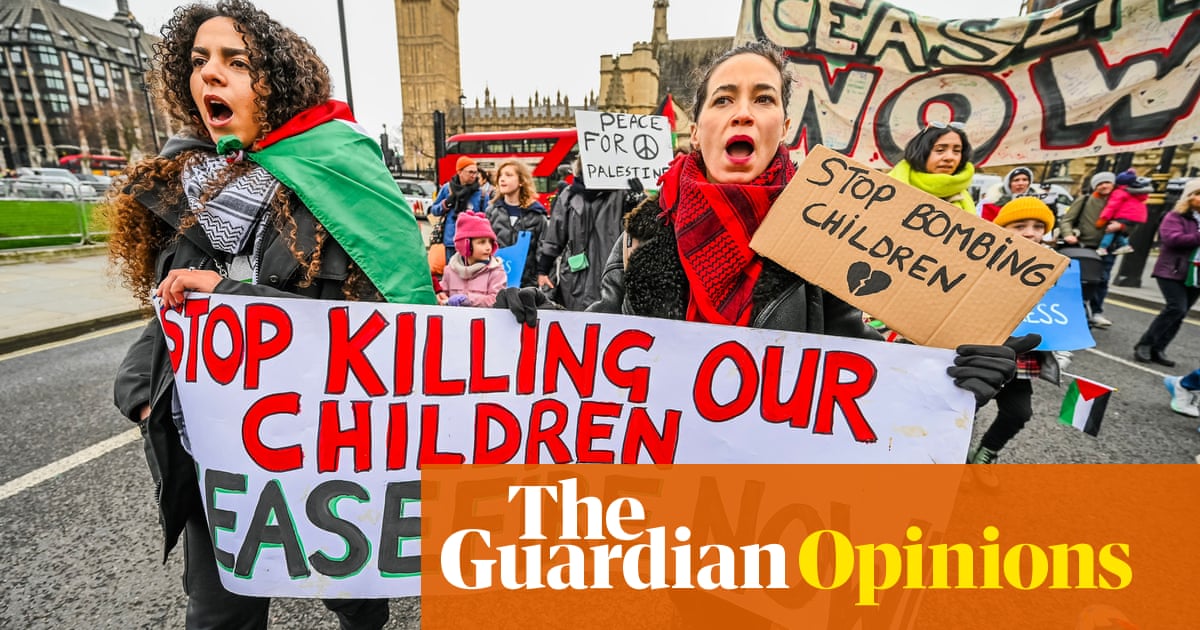
When US, UK and French forces launched missile strikes on Assad regime targets in Syria in the early hours of Saturday, they did so with calculated precision. In the British Prime Minister Theresa May’s words, the action was taken to “degrade and deter the capability and willingness of the Syrian regime to deploy chemical weapons.”
The missiles took out a chemical weapons research center, a storage facility for such weapons, and a bunker from where they were deployed last week against civilians in the Damascus suburb of Douma. The allies were able to avoid a direct confrontation with Russia. This confrontation had been one of the main worries at the UN, where Secretary General Antonio Guterres warned that the world was facing a calamitous “Cold War 2” between Russia the United States, but without the institutional framework to contain it.
Over the past three years, Russia, alongside Iran, has indeed become the power propping up Bashar Assad. It played a major role in defeating Daesh, where it worked alongside the Americans. Russia has by now inserted itself into pretty much every military base of the Syrian army. Moscow also has taken out 47-year leases on the Tartus naval base and the Hmeimim air base in Syria. This gives Russia a renewed presence in the Middle East and, most importantly, assured access to a Mediterranean warm-water port.
For the US and its European allies, the missile strikes were about chemical weapons and resurrecting the integrity of the Chemical Weapons Convention, which was approved by the UN in 1992 and came into force in 1997, and to which 192 states are party — one of them, crucially, Syria.
However, as far as the allies are concerned, the use and especially proliferation of chemical weapons is an issue that goes far beyond Syria. True, the pictures of dead families in Douma, and of women and children gasping for breath to stay alive, were horrific — but so too are all the other heinous acts of war, such as the barrel bombs the Assad regime regularly deploys against its own people.
Syria needs to be rebuilt from the bottom up, and the wounds need to heal. Moreover, a new breed of Syrian leaders need to give their people a political, and above all an economic, perspective.
Cornelia Meyer
The imperative was to act swiftly, but without encouraging a broader confrontation with Russia. The Russian leadership reacted with measured outrage, and we can expect the issue to be laid to rest for the time being — unless, of course, Assad decides on a renewed use of chemical weapons.
In the UK, the horrific images from Douma really hit home, especially in the light of last month’s poisoning with a nerve agent of the former Russian spy Sergei Skripal and his daughter Yulia in broad daylight in the English city of Salisbury, with Britain’s accusatory finger pointed directly at Vladimir Putin. The Prime Minister will still face tough questions in parliament on Monday, because she acted without seeking the consent of MPs. A mid-week YouGov poll suggested agreement with military action in Syria at a mere 22 per cent, and opposition to it at 43 per cent. However, polls are fickle and tend to shift in the aftermath of action.
In the aftermath of Douma, action needed to be taken. Red lines have to remain red lines, if they are to be taken seriously. The use and proliferation of chemical weapons is such a red line; they have to be stopped at all costs. The big question remains, however, what about Syria now? The allies have no game plan, and neither does the UN. US President Donald Trump had made it clear that he wants to withdraw US troops from Syria now that Daesh has been defeated. In the aftermath of the Douma chemical attack, he appeared to make a U-turn, but that did not signify continued engagement. Britain and France have also become wary of advocating regime change, because it led to chaos in Iraq and a failed state in Libya.
Syria needs a solution, though. Since the outbreak of the civil war hundreds of thousands of people have been killed and millions displaced, both inside and outside its borders. The flow of refugees to Europe has spooked Western European leaders. The brunt of the Syrian refugee crisis is, however, borne by Jordan, Lebanon and Turkey. It has stretched their economic resources, and in the case of Jordan and Lebanon their water resources too.
Millions of Syrians deserve a good life in peace and prosperity. They had to see off Daesh and withstand the continued carnage inflicted by their own president. The country has been reduced to rubble, and the world needs to find a solution. The geopolitical situation is complex, with Iran, Russia, Turkey, Israel, the West and the GCC all at odds with each other. Any resolution will require complex diplomatic negotiations. The efforts of the UN special envoy Staffan de Mistura may have been well meant, but they did not bring us any closer to an end to the conflict.
Syria needs to be rebuilt from the bottom up, and the wounds need to heal. It needs something along the lines of a Marshall Plan, the US initiative for European reconstruction after the Second World War. A new breed of Syrian leaders need to give their people a political, and above all an economic, perspective. There is a whole generation of children for whom going to school was replaced by hiding from bombs and bullets. These children need a future they can believe in. Unemployed young men roaming in the rubble will not build a stable society. This utopia may lie in the distant future, but if we do not urgently start to give some thought to this problem at the supranational level, Syria will sink ever farther into the abyss.
• Cornelia Meyer is a business consultant, macro-economist and energy expert. Twitter: @MeyerResources.
Disclaimer: Views expressed by writers in this section are their own and do not necessarily reflect Arab News" point-of-view












